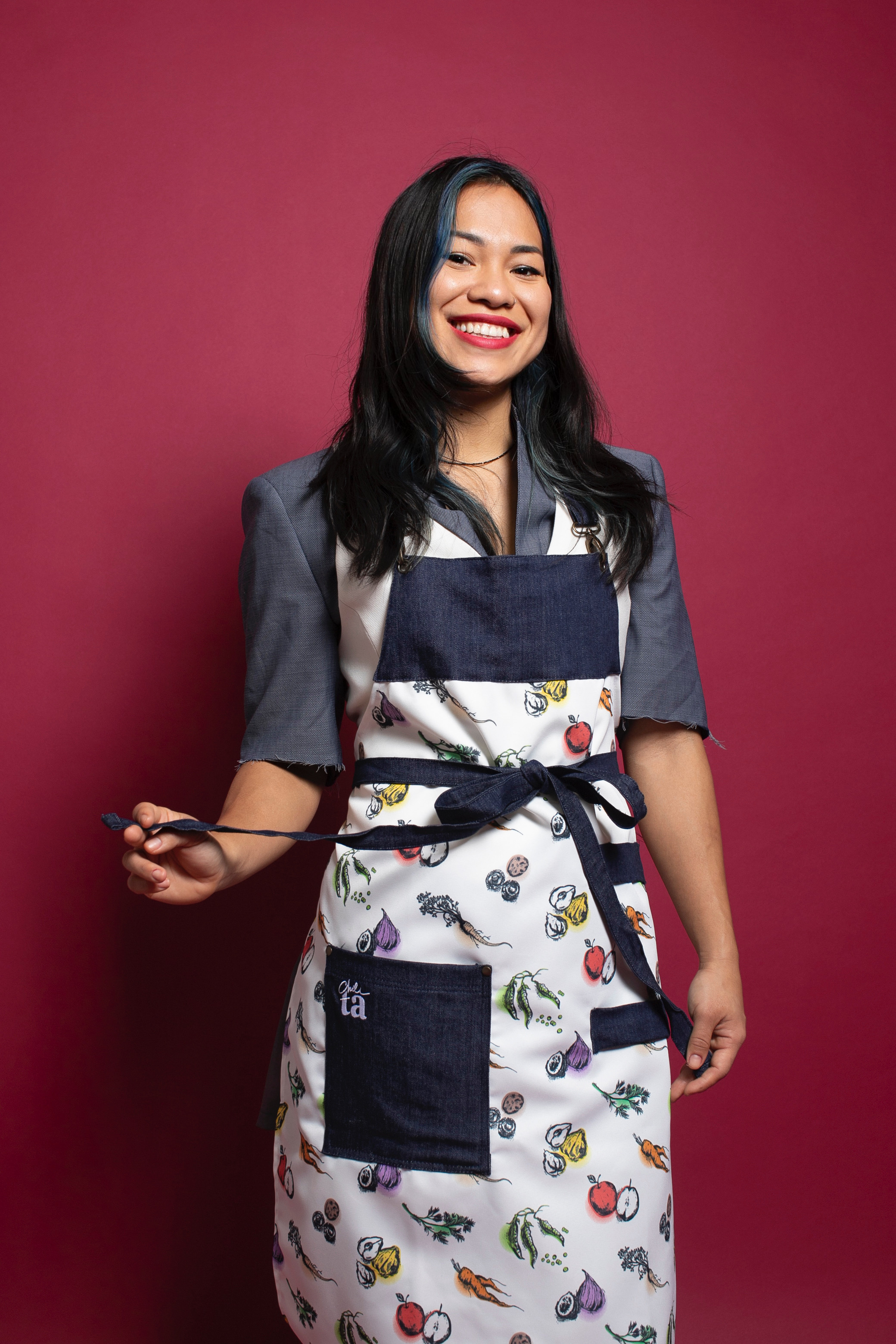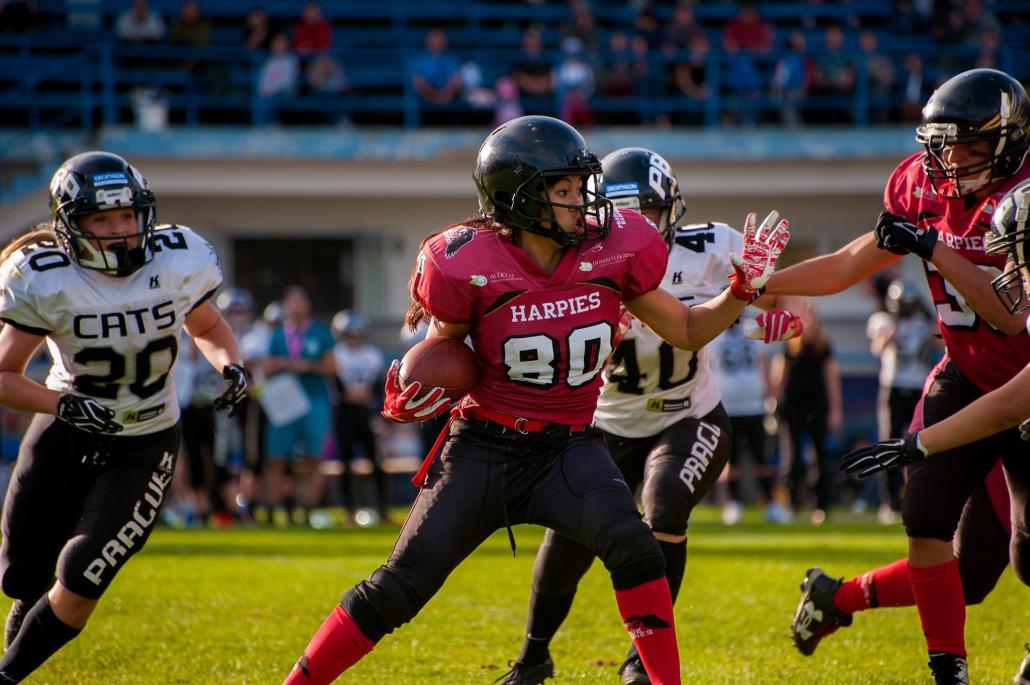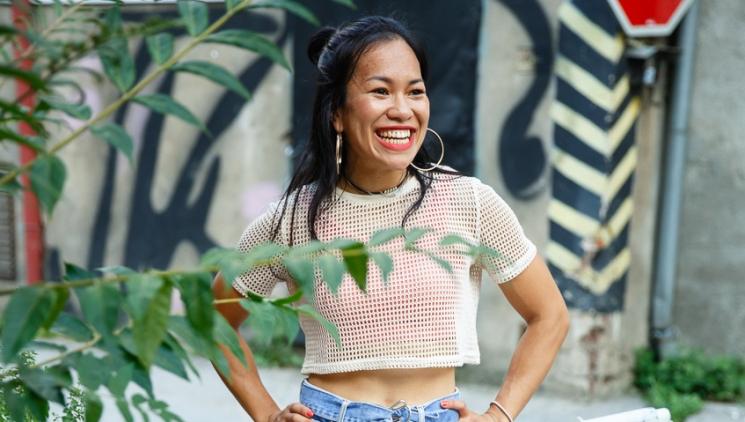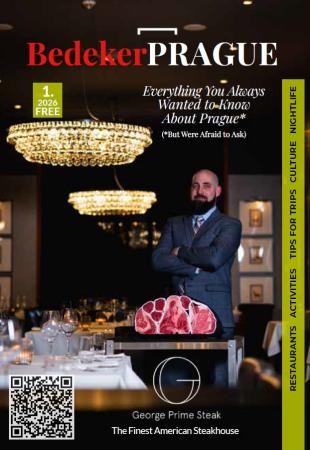
Does it mean that criticism doesn't bother you?
In today's digital world, it is necessary to strictly filter what you pay attention to and what is just what I call "low vibration", which should only evoke gratitude in you for not being that person. It's also funny to observe cultural differences. For example, in Vietnam, no one would think to criticize someone for appearing in multiple shows. It's like criticizing a host or actor for appearing in multiple movies or shows. On the contrary, people from our community cheer for me and say: Yeah, go wherever you want, just be good.
Don't tell me you were okay with it when you were faced with thousands of negative comments two years ago after returning from Survivor?
Back then, of course, it was a shock. I didn't expect it at all, as everyone on the island by the fire always predicted that I and Niki (Nikola Čechová) would be the nation's sweethearts. (laughs) But that's what Survivor is about, betrayals, tactics, lies. It's not Love Island. Another thing is that television controls the editing and naturally airs what is most sensational. The fact that we were actually friends off-camera and took care of each other nicely, the viewer may not see. The return and the crisis associated with it dramatically changed my life and revealed a lot of things to me, such as how much I love my work.
How should I understand this?
It's easy to create when you receive constant validation and motivation from others. But when you know that a wave of criticism is coming your way for everything you do regardless of the quality of your work, then you really see how much you love your work. At that moment, your self-critical instinct says: Delete Instagram and hide. But I believe that when you don't run away from crises, they can give you valuable insights - about who you are and whether you can maintain your integrity even in tough times. Resilience is not built in paradise. Some colleagues turned off or deleted comments, I, on the other hand, opened up to it and said: Bring it on, listen to me! Today, I actually enjoy the hate and even more enjoy occasionally responding to it.
A bit masochistic...
It's in my nature. When I see something that bothers me and is nonsensical and blocks me, I want to confront it and do it until I "squeeze it out of myself." In today's world, where even doors open by themselves, a person must actively prescribe discomfort. Our instincts, interpersonal skills, ability to use common sense, and courage atrophy in comfort. Perhaps it sounds a bit esoteric, but I often send my intention out into the universe. I don't mean wishing for specific things or how many followers or money I want, but rather a vision of how I want to feel and what I want to leave behind on this planet. In a crisis, I always realize that what hurts me the most is what I am not free in. I don't like that we tend to perceive everything as stages with an end.

What do you mean?
We tend to think about our decisions (relationship, new job, moving) in the context of consequences. Good or bad decisions that result in one specific outcome, where you will either be a winner or a loser. Period at the end of the sentence. But life is a river, everything is transient and leads to something else. You are the one who decides the meaning of happiness and crisis. I could see Survivor as the worst period of my life, but precisely because of that, I kicked off my business, significantly improved my work, and thanks to that, I can empathize much better with people who have gone through something similar. So in the end, it's actually a line that objectively made me a better person for the next stage of life."
But sometimes you probably also get hit by hate that affects you?
Frankly, what affects me the most is when that person is right. And then it's not hate, but constructive criticism. By the way, I tell myself and my colleagues, family, and smarter people. And that certainly hurts the ego, but it's also important for growth and humility. I want to do things as well as possible and be the best I can be, and that doesn't happen without confrontation. Generally, we don't like competition or overly competitive people in the Czech Republic. But competitiveness moves us forward, increases the responsibility of suppliers and services, and competition does not exclude cooperation or generosity. You can compete and still wish the best for others.
Are you now encountering something or someone specific?
I see it, for example, in my field. I feel that there is a strange lack of generosity and competitiveness among creators and especially food bloggers, each in their own little pond. I say: No, let's compete and help each other at the same time. The fact that someone is better than me can certainly evoke envy in me. And that's okay if I use it as a driving force to be even better, not as a destructive energy. Being the best by diminishing someone is such a flat energy. For example, in American football, which I play, I always want to win a match when the opponent is at their best, when all their strongest key players show up. And not that one of them breaks an ankle and I'm happy that they are weak.

Did you mention American football? Will you play this year when you go to StarDance?
I will have to skip it for once because the season is exactly when StarDance starts, and it's a risky sport for injuries. But I definitely don't intend to stop playing it.
How many matches do you have per season?
In the first league in the Czech Republic, there are only four teams plus we play with the Polish teams, which are part of our league, so there are a very few matches. Unfortunately, among women, this sport is not as widespread. If you want to play in a higher competition, you would have to go to Austria or Germany, where there are more teams.
So you train all year for about seven matches? You must really love the sport...
Yes, you absolutely have to love it. It's a very tough sport where you have to push yourself, but the mentality of American football is very sympathetic because it contains a lot of competitiveness but also sisterhood. And that's exactly what I was talking about and what we lack in normal life. We are either teammates or competitors, but I say we can be both.

Is it like this in Vietnam?
Vietnamese people are communal beings. From an early age, we are taught that when we make a decision, we don't just consider our own interests but always ask ourselves what impact it will have on the entire community, family. This naturally brings some pressure, but overall, I think it benefits. You then have much greater strength because you know that if something goes wrong, you are not alone. Life is much lighter when you know that your family is behind you, some broad community that always supports you. And it also helps you build better self-esteem. Community thinking is something that, in my opinion, is missing in today's world, where individualism is celebrated and technology is worshiped.
Did your family support you even when you were bullied by classmates after moving to the Czech Republic at the age of five?
We were in a pretty bad financial situation, our parents were constantly working, so they tried to support me somehow, but they also didn't really have space to deal with it. The support of Vietnamese parents usually looks like they work hard to provide a better future and material support for their children's education. In addition, our parents grew up in communist Vietnam, then suddenly found themselves in a foreign environment where they had to fight a certain form of bullying themselves, so I had to deal with it more or less on my own.
How did you deal with it? Did you let the bullying get to you, or did you fight back?
Every child probably has a different mechanism for dealing with it. I took it as a challenge that if they attacked me, I would attack back. So I dealt with it through aggression and determination in learning and sports; I wanted to be the best at everything. Which probably didn't







